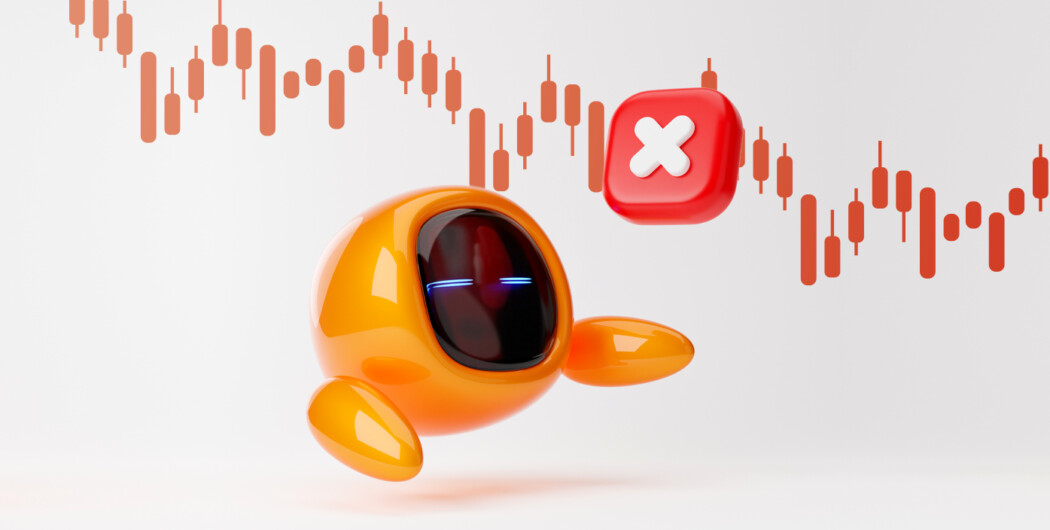

The repetition of a myth can actually make it more believable. One study found that people were more likely to believe that “Thomas Edison invented the lightbulb” when they had heard that statement multiple times. You’re probably holding onto a number of false beliefs just because you’ve heard them a lot throughout your life.
Needless to say, it’s important to separate fact from fiction. To avoid the pitfalls that can come from buying into myths, let’s examine some of the common lies about trading.
Trading is easy and quick money

Many people are drawn to trading because of the promise of high returns in a very short amount of time. One of the reasons for this misconception is how trading is portrayed in popular culture. Too many movies and TV shows have depicted traders making huge profits with little effort or skill. But that’s not the norm.
Your reality will be less glamorous, but all the research and analysis may well be worth it.
Trading must be a full-time job

Do you need to be constantly monitoring the markets and making trades throughout the day? You can, but you don’t have to.
Trading can be part-time or even an additional activity. There are tons of strategies that allow you to not be glued to your computer screen; you can make a few trades per day, once a week, or even less frequently. Just make sure you’re choosing the level of involvement based on your personal preferences and goals.
Trading is only for the upper class
“Trading is one of the few things in the world where you can start with nothing and, through education and determination, create the life you want,” says trader and entrepreneur Mike Bellafiore.
No one will deny that having capital certainly helps. But it’s not the only factor that determines success in trading, and it can’t stop you from trying.
There are many successful traders who started with very little capital and grew their accounts over time. They usually start with styles like swing trading or long-term investing, which are more suitable for people with smaller accounts and lower risk tolerance.

Trading is a zero-sum situation

A zero-sum situation means that for one trader to profit, another trader must lose an equal amount. It comes from the belief that the market is inherently unfair and that traders must be taking advantage of each other.
You need to dig deeper than this overly simplistic argument. The truth about trading is that some traders may make profits while others incur losses. But it doesn’t mean that the overall outcome is a zero-sum situation. In fact, the market has the potential for positive-sum outcomes.
Trading is all about making predictions
The final common misconception for today is that successful traders are the ones who can always make accurate predictions.
Successful trading requires much more than just predicting – risk management, discipline, and the ability to adapt to changing market conditions. Many pro traders don’t even focus on making predictions because it’s possible to have positive outcomes by weathering unexpected short-term market fluctuations.
These misconceptions stem from a lack of understanding and can create unrealistic expectations for new traders. But now, you have a more informed perspective, so you’re already in the lead!
Sources:
Neural correlates of maintaining one’s political beliefs in the face of counterevidence, Scientific Reports
How to be a part-time day trader, The Balance
How much money do you need to day trade? Warrior Trading
Zero-sum game definition in finance, with example, Investopedia








